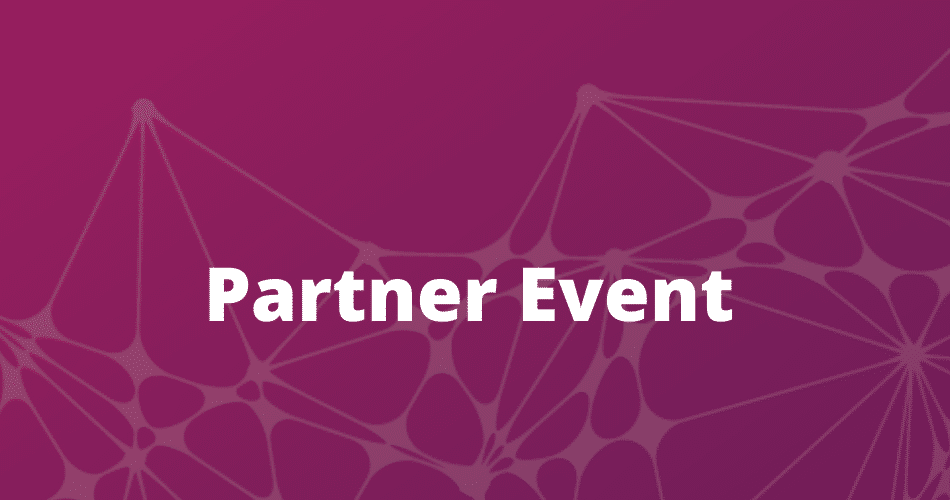

Beyond the science, the webinars will address the social and psychological dimensions of research training. What is the ideal environment to train young scientists? What are the social and cultural barriers? How does the young scholar mesh into the fabric of the organization? In all, attendees to the webinars will appreciate contemporary science in regeneration and the dynamics of transferring that science to the next generation in the workforce enterprise.
The Connecticut Convergence Institute, in partnership with the Advanced Regenerative Manufacturing Institute (ARMI), is producing this webinar series. The webinars will inform participants and the audience on the perspective of young scientists in training conducting research in regenerative engineering supplemented by the interaction with their research mentors. Borne from the institutional experience at the Connecticut Convergence Institute’s signature T32 Doctoral and Young Innovative Investigator Programs as well as UConn’s graduate training, four Webinars will be held.
This webinar will provide education on advanced bio-manufacturing and fiber-based technologies. Our goal is to develop translatable advanced bioprinting and biotextile processes that enable us to fabricate tissue-like constructs from biologically relevant materials. Using these techniques, we aim to modify the mechanical properties of the wound to encourage cellular regeneration and support the remnant tissue. Further, we utilize nanotechnologies to modulate the biological properties of the wound environment to stimulate key regenerative effects. The combination of advances in nanotechnology and bioprinting enables the next generation of bio-manufacturing platforms. Our major application of these technologies is the treatment of musculoskeletal disorders.